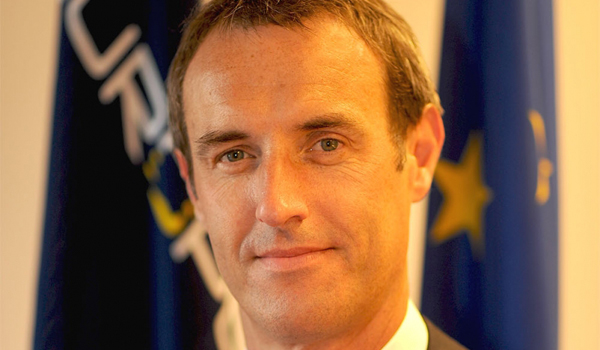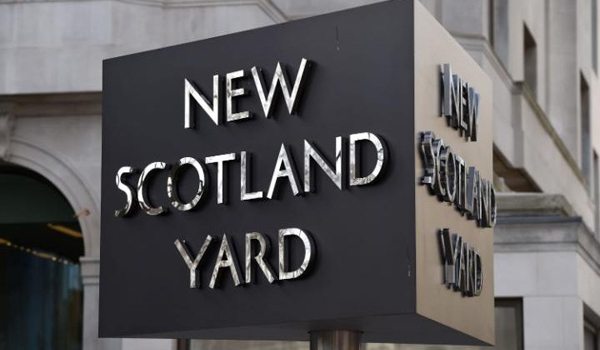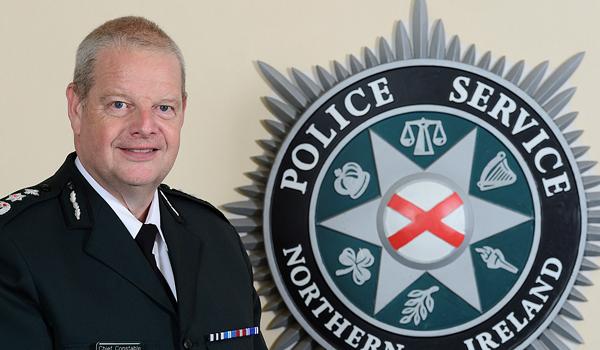Review finds ‘serious failings’ in management of Parsons Green bomber
Counter-radicalisation experts were considering clearing the Parsons Green Tube bomber of extremism ten days before the attack, a review has revealed.
Eighteen-year-old Ahmed Hassan detonated a bomb on the London Underground last September after over a year of his case being discussed by the anti-extremism group Channel.
However, a review of Hassan’s contact with authorities has found Channel breached official guidance by failing to hold meetings for him for five months in 2017.
A final meeting of the panel in September 2017 even considered closing Hassan’s case just days before he launched the attack, while other potential opportunities to intervene were missed.
The review also claimed that Channel placed too much emphasis on Hassan’s education with little attention paid to ongoing mental health problems or his repeat missing incidents from his foster home in Surrey.
Yvette Cooper, chair of the Home Affairs Select Committee, accused the Channel panel of a “series of failings”.
“It is a matter of serious concern that Home Office guidance for the Channel programme was not followed in this case,” she added.
“It is crucial that the Channel programme works effectively to deal with individuals who could pose a serious risk to public safety or national security.
“We will pursue with Ministers why there were problems in this case and what further action is needed to improve the way the programme operates in future.”
Hassan was jailed for 34 years in March after being found guilty of attempted murder.
More than 50 people were injured when his homemade bomb partially detonated on a packed train carriage in September 2017.
The Home Office-led inquiry found Hassan entered the UK as an unaccompanied child migrant in October 2015 and was placed in the care of Surrey County Council.
He later claimed to Home Office officials that he had been taken by so-called Islamic State (Daesh) and was trained to kill but had been ordered not to take action in Europe in the group’s name.
These details were passed to police officers assigned to the Prevent programme who concluded he was suitable for support through the de-radicalisation programme, and his first formal Channel panel took place in June 2016.
A total of nine Channel Panel discussions were held about Hassan during the 15 months he was on the scheme, and police officers spoke to him twice – in August and November 2016.
No concerns were raised about his risk of becoming involved in terrorism, but a Channel panel member said they were worried about his demeanour and behaviour early last year.
Channel also never asked the Home Office for an expert mentor to work with Hassan.
Hassan went missing from home several times in 2016 but Prevent officers failed to consider these absences in the context of his wider vulnerabilities.
The Panel also failed to resolve questions over Hassan’s mental health support plan or conclude whether all his suspected mental health conditions had been diagnosed – leaving gaps in its knowledge of his behavioural patterns.
Much of the panel’s efforts to understand his progress focused on his experiences at college, relying on reports from a tutor and his foster carers.
As a result, Channel was unable to establish a clear picture of the entirety of his background.
The final Channel meeting regarding Hassan was held on September 5, ten days before he detonated the bomb, at which time the panel was considering closing his case.
In response to the review, Home Office Permanent Secretary Sir Philip Rutnam said measures are being introduced to improve the Channel process as well as the communication between police, immigration and social care personnel.
Security Minister Ben Wallace said: “The internal review into how the Parsons Green case was handled allowed the Home Office, Surrey County Council and the police to take swift action to address the issues raised.
“The Home Office and partner organisations have accepted the majority of the recommendations and following this case we had already put in place processes to ensure better communication between immigration and Prevent partners, as well as reviewing how Channel procedures are monitored.
“We should not allow this case to undermine all the good work taking place across the country.”
Recent findings from the Behavioural Insights Team show just six per cent of counter-radicalisation programmes are effective.







